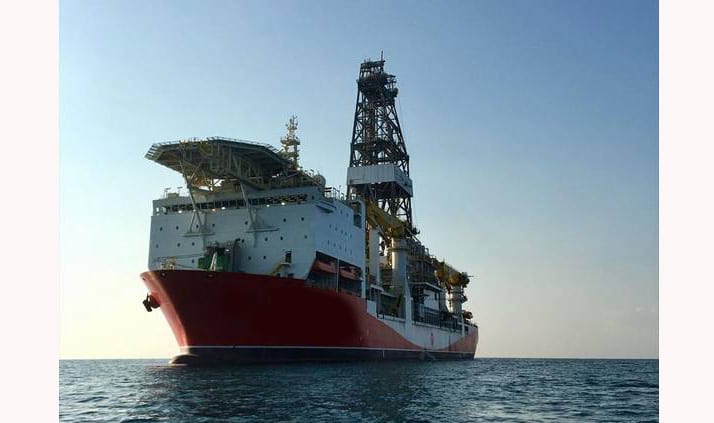Exploration and Production (E&P) companies operating offshore Guyana are benefiting from a positive value creation cycle that started in 2015 while an estimated 800 offshore investments made during an upturn in 2010 to 2014 will struggle to generate any value for investors.
A Rystad Energy study released on October 30 show that offshore investments within the past four years, such as those made in Guyana by ExxonMobil, Tullow, Repsol and their co-venturers, are benefitting from lower cost levels for the global offshore oil industry. This is based on key developments like lower unit prices within the industry such as rig rates and redesign and simplification of new projects, efficiency gains from new technology and upgraded systems, among other drivers.
The findings also revealed that older investments would incur substantial financial losses because years’ worth of offshore deepwater investments, which were approved during the 2010 to 2014 investment upturn when oil prices soared above USD 100 per barrel and sanctioning activity by countries with oil assets were at a record high, are unable to generate the expected returns at today’s oil prices.
Explaining the results of the study, head of upstream research at Rystad Energy, Espen Erlingsen said, “Looking back at the offshore projects sanctioned between 2010 and 2014…high development costs combined with low oil prices have severely undermined the profitability of these assets. From 2010 through 2014 around 3,000 new oil fields were sanctioned, and we estimate that around 800 of them did not create value.”
By examining the profitability of offshore investments and projects, the Rystad Energy study determined that projects sanctioned between 2010 and 2012 have generated modest revenues for E&P companies while offshore projects sanctioned between 2013 and 2014 incurred losses and are not expected to generate any profits whatsoever.
According to the Rystad study, this issue can be traced to the relationship between development costs and oil prices. The high cost of extraction and production coupled with the low price of oil on the world market led to a situation where the potential financial rewards that could be reaped from these assets were severely diminished.
However, the study pointed to encouraging signs that the tide is changing and projects sanctioned between 2015 and 2018 are bearing substantial returns on investment that are far greater than those of previous years, even in a lower oil price scenario. In fact, the study found that positive value creation will still occur even when considering a future price as low as $40 per barrel.
Among the major players expected to reap significant benefits from this positive trend is ExxonMobil, particularly because of its offshore investments in Guyana where it has already found more than six billion barrels of oil (boe) equivalent and development is taking place in relatively cost-effective conditions.
As of 2019, upstream activity seems particularly lucrative for ExxonMobil as it accounts for approximately 70% of the company’s earnings after taxes. In a related development, the company this week announced estimated third quarter 2019 earnings of $3.2 billion, or $0.75 per share assuming dilution.
The study by Rystad Energy evaluated all offshore oil fields sanctioned since 2010 and ranked them by estimated value per boe under various oil price scenarios along with assessments of a cluster of metrics including historical cash flows (including revenue, costs, and taxes) and potential future cash flows.



